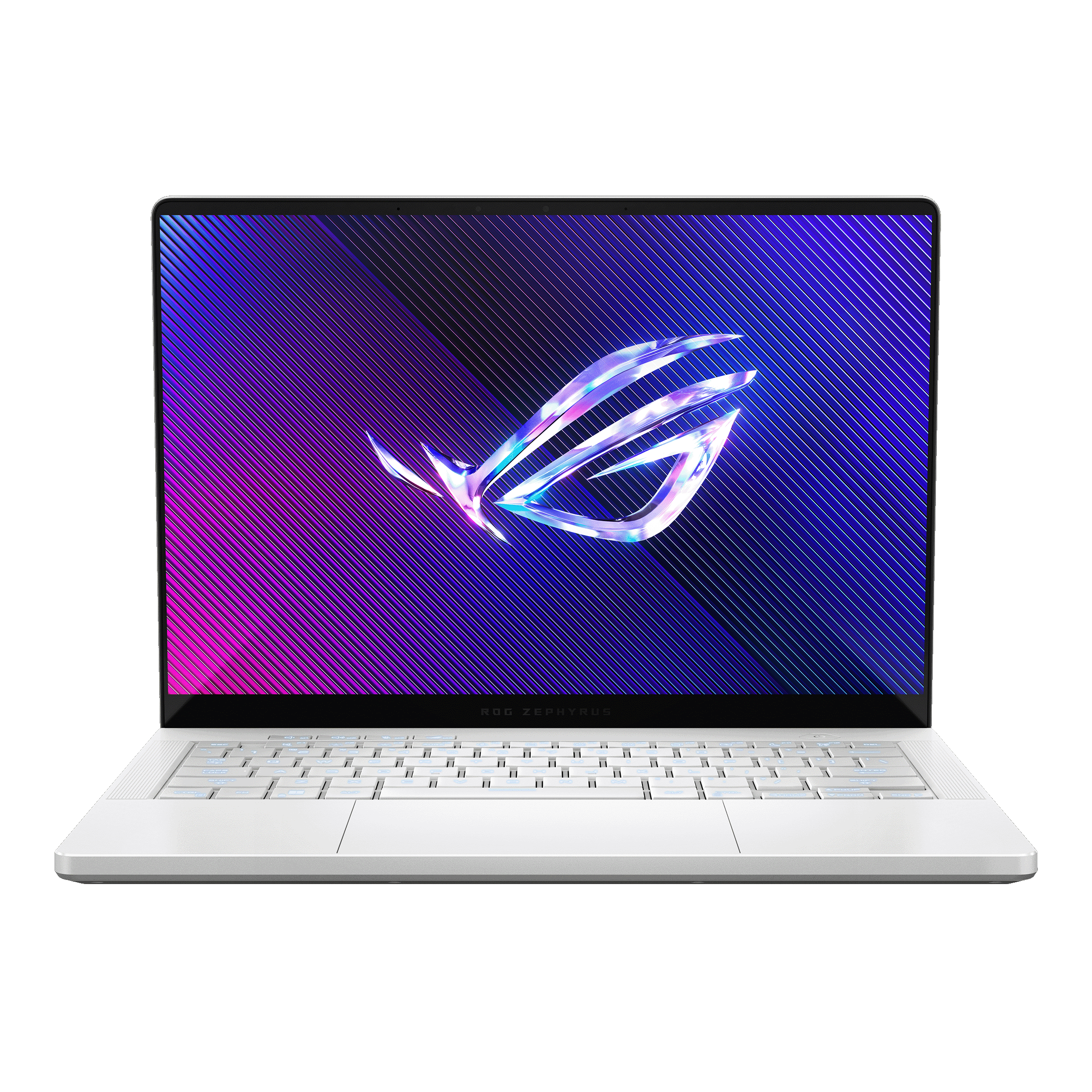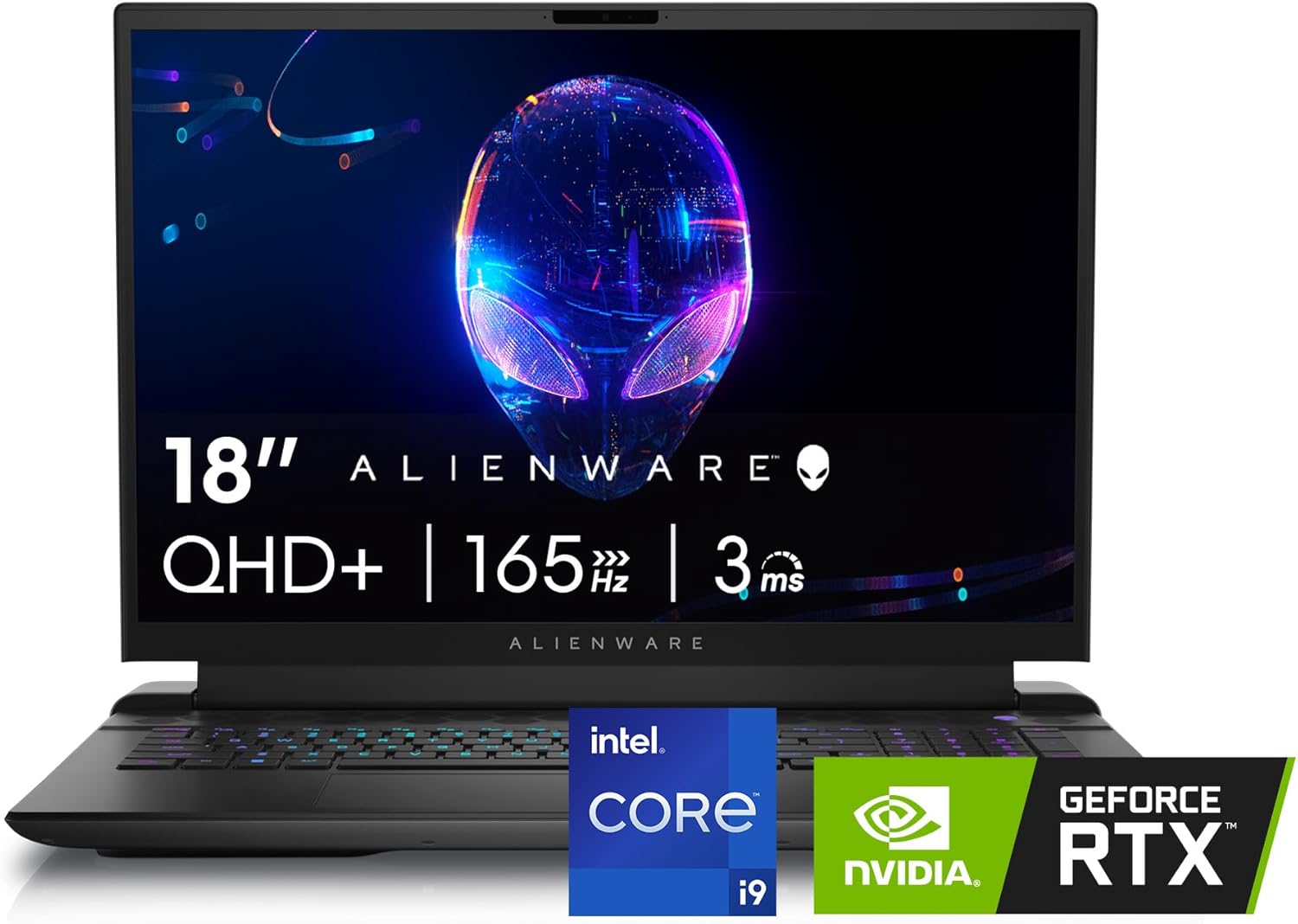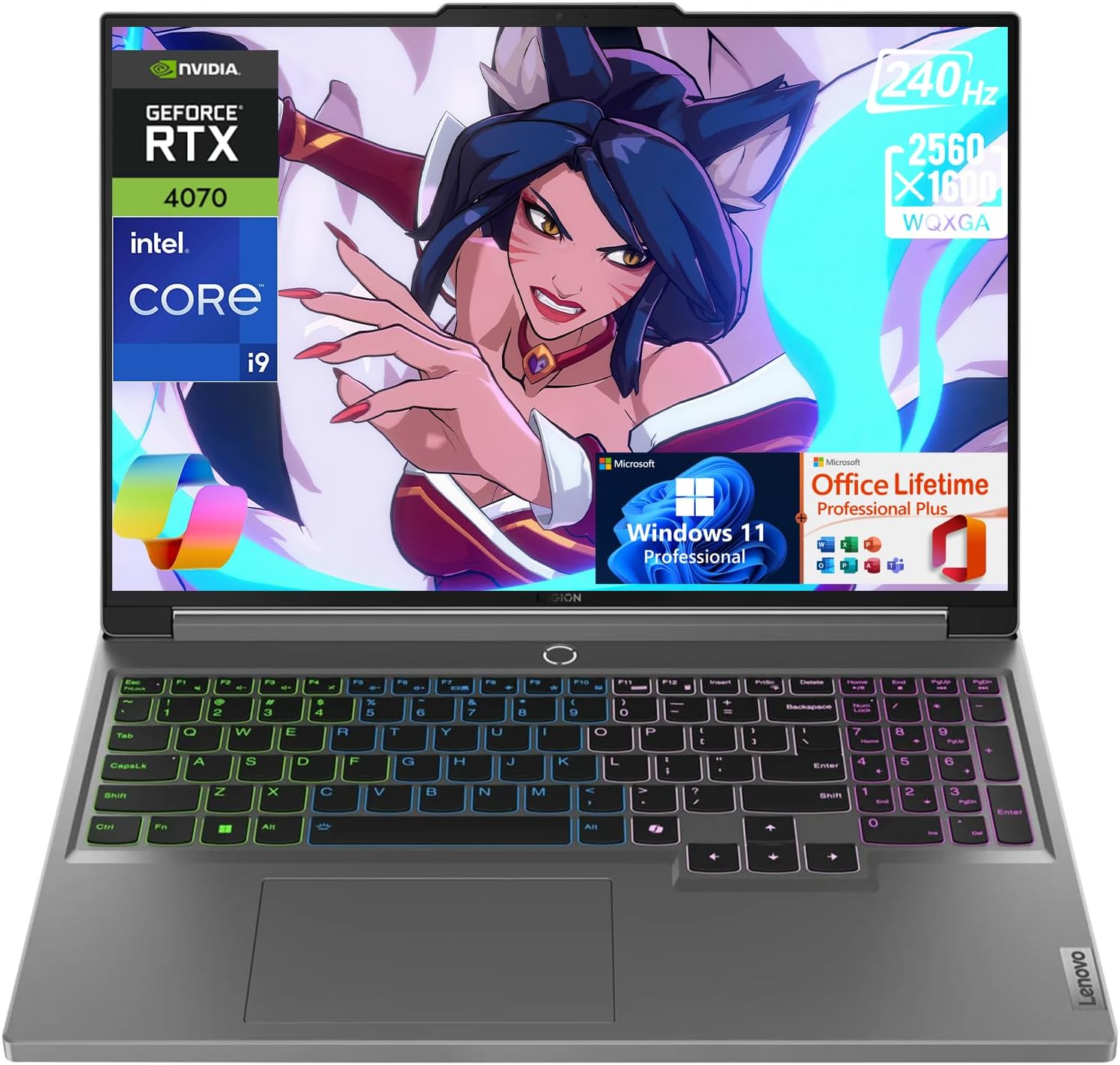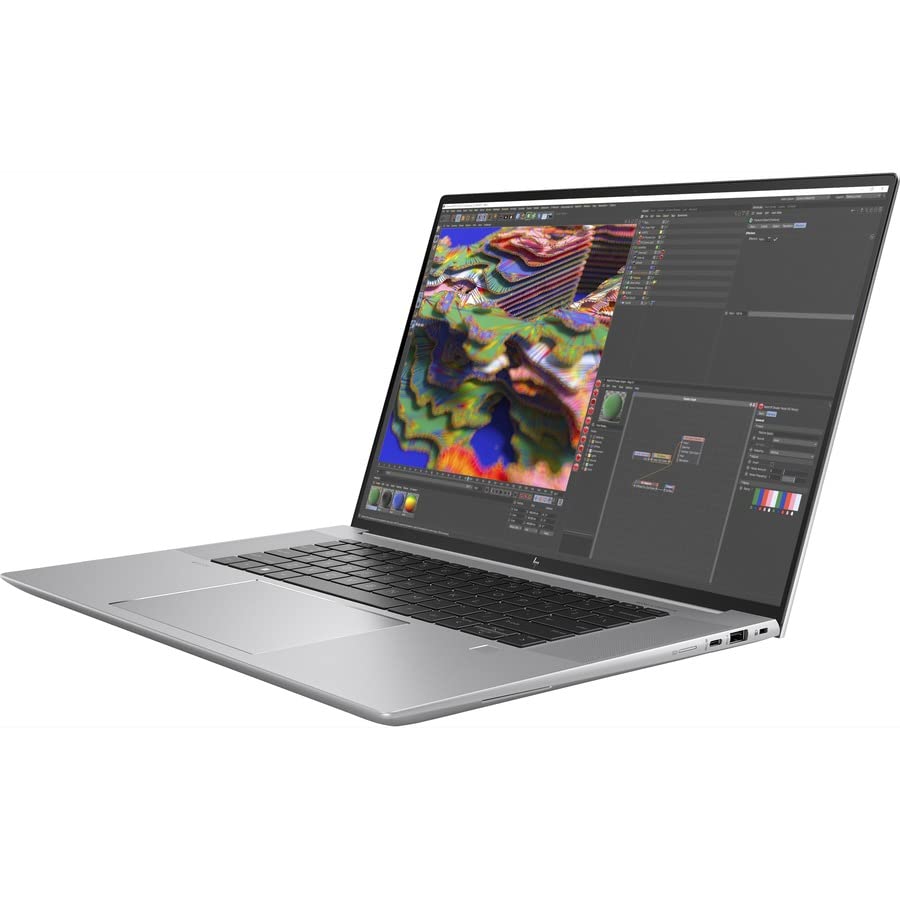Best Laptops for Machine Learning in the Sciences (2025)

If you’re a scientist working with data — whether it’s genetics, wildlife tracking, climate models, or bioacoustics — you’ve probably heard about machine learning. Maybe you’ve even tinkered with a few models in R or Python. But when it’s time to move beyond your office desktop or the campus cluster, you need a laptop that can handle real ML workloads. We often find ourselves siloed in the field by inadequate hardware.
Our team of professional data scientists have curated the best laptops for machine learning in the sciences — powerful, reliable machines that work for real research.
What to Look For in a Machine Learning Laptop
Before we dive in, here’s what matters most for scientific ML work:
- RAM: 16GB minimum; 32GB ideal for larger datasets, 64GB if you want a workhorse
- CPU: Intel i7/i9 or AMD Ryzen 7/9 for multi-core performance (Intel typically offering better single core performance, typically)
- GPU: A dedicated GPU (NVIDIA RTX preferred) if you’re training models locally (Leveraging CUDA can drastically decrease training time for certain models)
- Storage: At least 512GB SSD (1TB+ ideal for data-heavy workflows, consider cloud storage for larger workflows)
- Display: High-resolution screens (QHD/4K) for viewing graphs, maps, and plots
Most of these machines may appear to be gaming computers, and that’s because they are. Gaming and machine learning draw from the same resources. Earlier we mentioned CUDA. If you aren’t familiar, this stands for Complete Unified Device Architecture, and it allows the processing cores in the GPU (Graphics Processing Unit) to be hijacked for computational tasks. This greatly decreases training time in modeling.
Top Picks for 2025
1. ASUS ROG Zephyrus G14 (2024 Model)

Price: ~$1,800
Why it’s great:
- Intel Core Ultra 9 + NVIDIA RTX 4070
- 16GB DDR5 RAM
- Excellent battery life for field research trips
- Compact and surprisingly lightweight
Amazon Link: Buy on Amazon
2. Alienware M18 R2

Price: ~$2,799
Why it’s great:
- Intel Core i9-14900HX + NVIDIA RTX 4080 = beast mode for modeling
- 32GB DDR5 RAM
- 1TB NVMe SSD
- High-refresh QHD display for multi-window workflow
- An absolute BEAST for the price!
Again, it looks like a gaming laptop (because it is), but under the hood it’s one of the best portable dev rigs available for ML training and data science work. Runs Linux beautifully too.
Amazon Link: Buy on Amazon
3. Lenovo Legion Pro 5i

Price: ~$2,700
Why it’s great:
- Intel i9 14900HX + RTX 4070
- 64GB RAM, 2TB SSD standard
- Legendary keyboard and build quality
- Great Linux compatibility for open-source scientists
Amazon Link: Buy on Amazon
4. HP ZBook Studio G9 Mobile Workstation

Price: ~$2,500
Why it’s great:
- Built for engineers and scientific workloads
- 12th-gen i9 + RTX A2000 GPU (12th gen i9s are well regarded as beast processors)
- Dream machine for geospatial ML, remote sensing, and simulations
- Certified drivers for pro apps (ArcGIS, QGIS, CAD, etc.)
Amazon Link: Buy on Amazon
Recommended Use Cases
| Laptop | Ideal For |
|---|---|
| ASUS G14 | ML training, fieldwork, modeling with TensorFlow or PyTorch |
| Alienware M18 R2 | GPU-accelerated ML, cloud dev, portable powerhouse |
| Lenovo Legion Pro 5i | Remote research, presentations, hybrid cloud workflows |
| HP ZBook Studio | Imaging, GIS, high-end computation |
Comparison Table
| Model | CPU | GPU | RAM | Storage | Price |
|---|---|---|---|---|---|
| ASUS G14 | Ryzen 9 | RTX 4060 | 32GB | 1TB SSD | ~$1,800 |
| Alienware M18 R2 | Intel i9 | RTX 4080 | 32GB | 1TB SSD | ~$2,799 |
| Lenovo Legion Pro 5i | Intel i9 | RTX 4070 | 64GB | 2TB SSD | ~$2,700 |
| HP ZBook Studio G9 | Intel i9 | RTX A2000 | 32GB | 1TB SSD | ~$2,500 |
Final Thoughts
If you’re a scientist ready to start running your own models, these laptops are your best bets in 2025. Whether you’re analyzing species distributions, predicting climate shifts, or modeling protein interactions — a good laptop is an investment in speed, clarity, and control. If you’ve never trained your own models locally, the resources required can be shocking to first-timers, however with one of these machines we believe your workflow will be dramatically more efficient.
Start with what fits your budget, and level up as your models (and funding) grow.